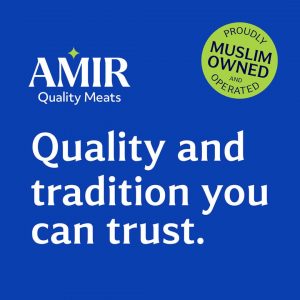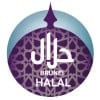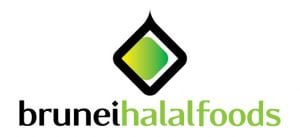
rainforests, with the diverse flora and fauna, are said to be a rich
source of raw materials, which could be used to build up its halal
pharmaceutical industry.
WHEN it comes to the global halal pharmaceutical industry, size doesn’t matter.
“In
terms of countries and in terms of what is expected in the industry, it
is all standards driven. So if you have good standards that are
internationally recognised and they’re understood and flexible, these
are all pluses. So I wouldn’t not say a smaller country versus a large
country means that it is at a disadvantage,” said Selma Djukic,
president of White Owl Global Services Ltd and guest speaker at the
International Halal Market Conference 2009, which ended yesterday.
She
said Brunei is leading in the area because it has come up with its own
standards. “There are lots of opportunities that are tied in with
having these standards. I think that tied in with the park (Halal Agro
Technology Park), there are further opportunities. Those two combined
are putting Brunei at the forefront in terms of the potentials of the
pharmaceutical industry.” Asked which areas of the pharmaceutical
industry Brunei could target, Djukic said that she has not done a
market survey to see what is going on, but from what she has gathered,
“having the standards puts Brunei automatically in auditing”.
“So
having to go out and audit companies to see that they are meeting the
halal integrity that is required, and right there is already a huge
opportunity for Brunei,” she said.
She added that the standards
could also mean that Brunei has an opportunity to venture into
research. “A huge part of the research would be the science that needs
to happen, also to look at formulations, so there are definitely some
really good opportunities for Brunei,” she added.
Djukic said
that the park would be used as a platform, adding she has already met a
Canadian company which is planning on setting up shop at the park.
She
said the estimated size of the global halal market would be about “$1-2
trillion”, with that, 25 per cent can be attributed to pharmaceutical.
“So
you’re looking at $500 billion plus, potentially even more so, with the
growth of the herbal and traditional medicine,” she said.
“Once
again it comes down to the integrity of the product, the quality of the
product, the quality of the work that’s done. These are key elements
that the pharmaceutical industry as a whole will be looking at and what
will differentiate Brunei,” she said.
This could also be tied into the standards or guidelines or regulatory requirements that a country has, said Djukic.
She
said halal is still a fairly new concept within the pharmaceutical
industry. “It’s not as ingrained as food, for example. People
automatically think food, and it’s not the number one response in
people but that’s changing over time,” she said.
On the
standards that Brunei has set, she said that these standards will
assure quality in a product and internationally. People will be looking
at these standards as a global rule. “People will look to it and try to
need it and try to ensure that whatever they are doing in halal will
meet this standard, so I think that from an international perspective,
global players are going to look at it and see how this works, in a
positive way,” she said. Debbie Too
The Brunei Times



